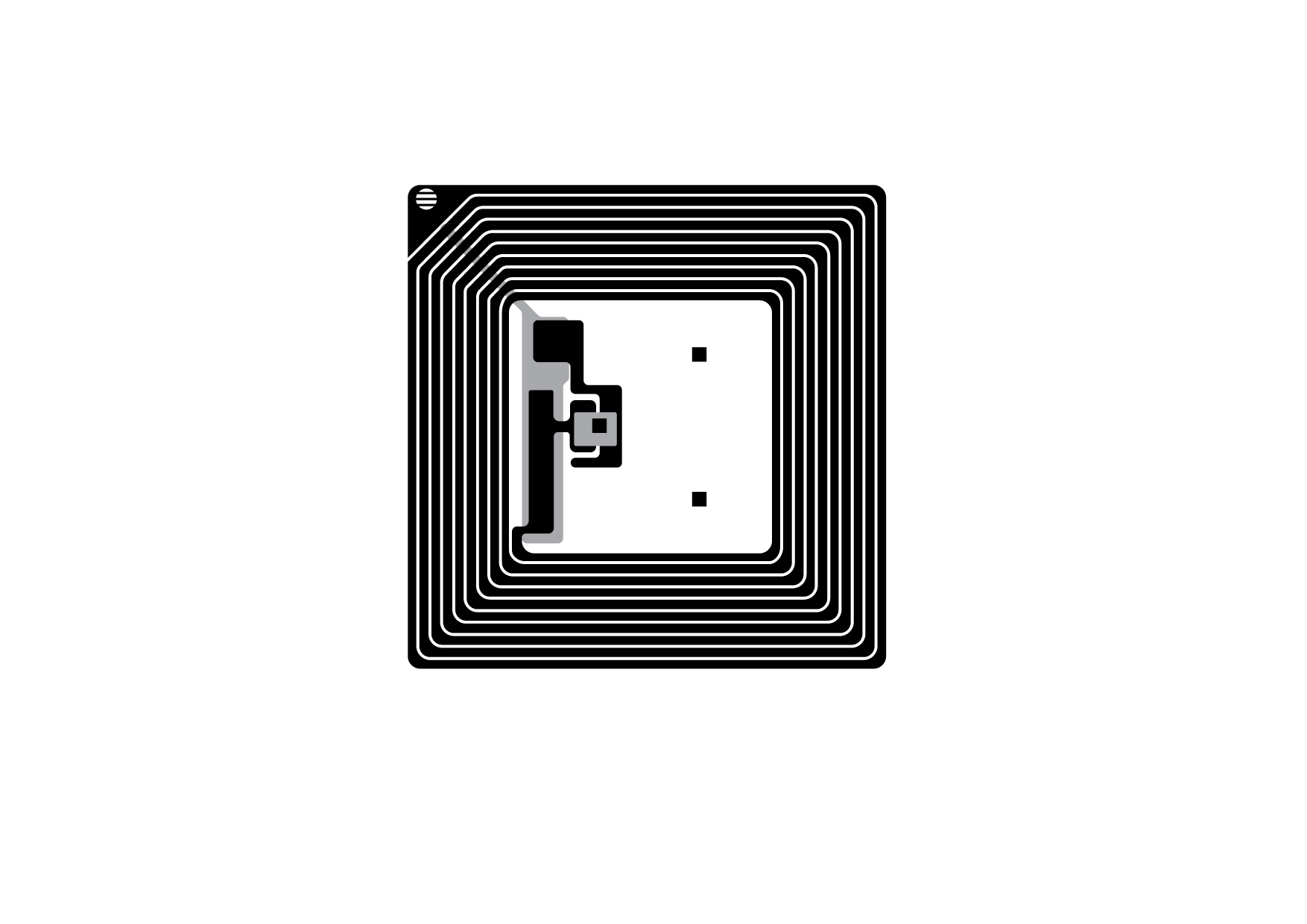machine reading

see also scanning
Machines can read text, and process it in complex ways. Code may contain instructions for a computer to read a file, so that its contents may be then used as part of a program. An example of this in practice is in the catalogue details of books in the library (title, author, description, publisher, etc.), which can be downloaded rather than manually written. This involves communication between systems to search their databases; for example, taking these details from another source, such as books.google.com or goodreads.com.
Books can also be checked in and out of libraries by a variety of machine-reading methods such as barcode scanning, or using RFID (radio-frequency identification) chips inserted into the cover.
Image: An RFID tag – an object often contained within the cover of a public library book to track when it is checked in or out
